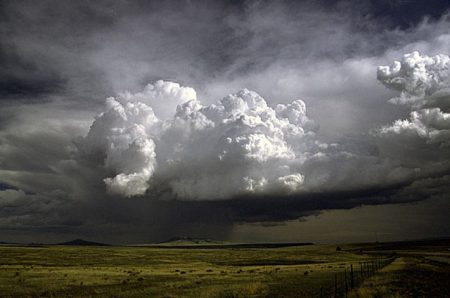This Sunday initiates our new preaching series on Exodus, The God Who Delivers. From the opening verses of this great book, we are reminded that divine blessing is an essential component of life. More than sentiment, such blessing is a theological act that delivers men and women from slavery and leads them into life.
Think about the way we talk about divine blessing. When we say “God bless you,” the subject is always God. He is the source of blessing and its primal speaker. Divine speech caused the original creation to teem with creatures; it animated the luminaries, and from time immemorial it has renewed hope and vitality to men and women, even among the redeemed.
God’s people are the appointed mediators of such hope. Through Abraham, all the families of the world would be blessed (Gen 12:3). Even Pharaoh, with his calloused heart, recognized his need for God’s blessing when he requested it from Moses (Exod. 12:32). Most memorably, perhaps, we observe this power mediated through Israel’s priests, as in the familiar blessing of Numbers 6:24-26:
The Lord bless you and keep you;
the Lord make his face to shine upon you and be gracious to you;
the Lord lift up his countenance upon you and give you peace.
Blessing is more than a polite wish. Redemptive history presents remarkable cases that testify to this, such as Isaac in Gen 27 or Jacob in Gen 48, where its articulation shaped the trajectories of lives and nations. While these examples served extraordinary purposes in God’s covenant with Israel, nevertheless, they illustrate the effective movement of sovereign grace from heaven to earth. Without a faithful pronouncement of God’s blessing, we are surely doomed.
In a culture haunted by fragmentation, hi tech distractedness and the loneliness of individualism, where hearts—even Christian hearts—feel like empty theatres of longing, God’s life-giving power is needed more than ever. Along with food and clothing, divine blessing is a necessary commodity. Once again, the exodus offers a useful example.
Pharaoh represented the worldly threat against God’s son, Israel: oppression, poverty, injustice, and various forms of indignity, forces that exist among God’s people today, to which we might also add anxiety, fear and despair. While acknowledging these threats, Moses simultaneously recognized God’s saving power. On the Plains of Moab he reminded Israel of their blessed deliverance and of God’s promise to do so again in the future. This is where we live; Moses’ future is our present.
The recital of God’s blessing is essential, without which we are helpless against the threats of sin and death. The early morning cup of coffee, an open Bible, and an extemporaneous sermon preached at ourselves, filled with reminders of who we are in Christ, rejecting the lies of the evil one, this is where the rubber of our gospel-centered theology meets the proverbial road. Yes, to be sure, there will be occasions when the raw edge of life makes us feel like crawling into a fetal position, sucking our thumbs, but not for long. The blessing of redemptive grace, proceeding from the finished work of Christ, empowered by the Spirit, is new every morning, fortifying our souls with the requisite faith to stand and declare to angels and men, “Bless the LORD, O my soul, and all that is within me, bless his holy name!”





